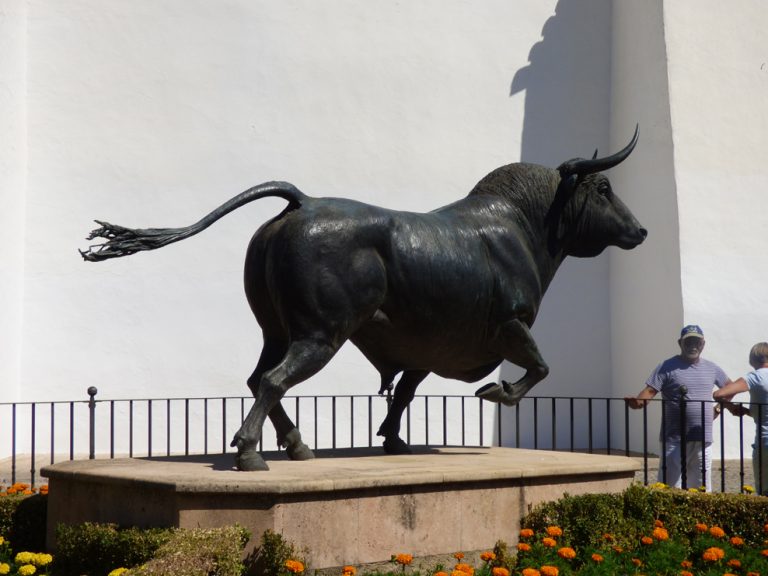In the midst of recent power outages in South Africa, the country’s wine industry has been threatened, with its vineyards fearing the consequences. Though backup plans are in motion, the challenges leave workers uncertain on how to live with the lack of power.
Vineyards in powerless peril
According to the BBC, those involved in the process of wine-making are heavily reliant on electricity, with most of it supplied by state-run energy company Eskom. However, after Eskom implemented rolling blackouts in January, operations halted, forcing workers to use diesel-powered generators.
“As soon as the power cuts, it means that [without a generator] none of the operation can continue within the cellar,” Peter Pentz, communications manager of vineyard Groote Post, told the BBC.
“No labeling can continue, no bottling and [no] cooling. Especially in the harvesting season it’s vital for us to get the fermentation process started.”
Without access to electricity, Groote Post, like other vineyards, have to rely on back-up generators, which costs around 50,000 rand ($2,800) per month for the diesel to power them. This is further exacerbated by the need to fuel their tractors.
Success
You are now signed up for our newsletter
Success
Check your email to complete sign up
Being one of the largest producers of wine, South Africa is home to many wineries that are attempting to find new markets in Asia. However, the power cuts have driven a stake in these plans.
With the power cuts, the entire economy — already having struggled through the COVID-19 pandemic — is facing the repercussions, having grown only a mere two percent, compared to the seven percent that could have been achieved with the power needed.
“This is challenging for us, in fact this is a crisis for us,” Christo Conradie, manager of Vinpro which represents more than two thousand wine producers and sellers, said.
“Power is important for our producers because we need to irrigate, specifically at this time of the season we are looking at the ripening of the berries.
“That’s why we need to have [power] and now we are sitting with Eskom that can’t supply at an optimal level,” Conradie added.
READ MORE:
- German Expert Explains What’s Stopping Green Energy From Becoming Sustainable and Cost-Effective
- Attacks on American Energy Infrastructure Peaked in 2022; Over 100 Incidents Reported
- France to Withdraw Forces From Burkina Faso; Junta Supporters Celebrate
Already battered by debt, the struggling Eskom said that it would lengthen its outages in January “until further notice”, leaving most South Africans to suffer “six to eight hours a day” without any power, Reuters reported.
South Africa currently possesses several coal-powered stations, but these old facilities are very faulty. Two new stations are not ready for operations yet and are facing a huge budget.
For now, it is expected that Eskom will continue to bring load shedding — a term used to describe the frequent power cuts — for the next two years until a solution is reached. The wine industry has already expressed its opposition to the cuts.
To adjust to the power outages, Conradie deduced that the winemakers would need power in the morning and “just after lunch,” and has requested for the power cuts to happen around those times.
Pentz expressed that there are alternative power options like solar and wind energy, but said that the investment would be “prohibitively expensive,” and that the decision to use them would be Eskom’s to make.
















